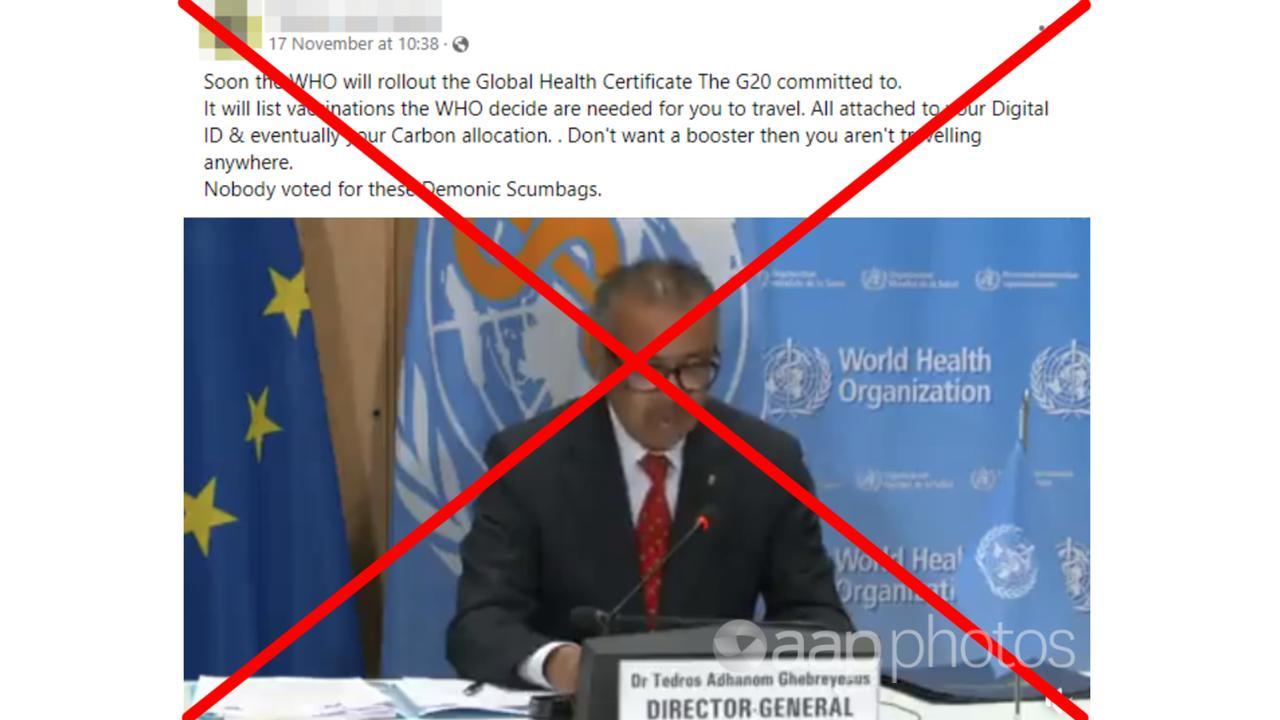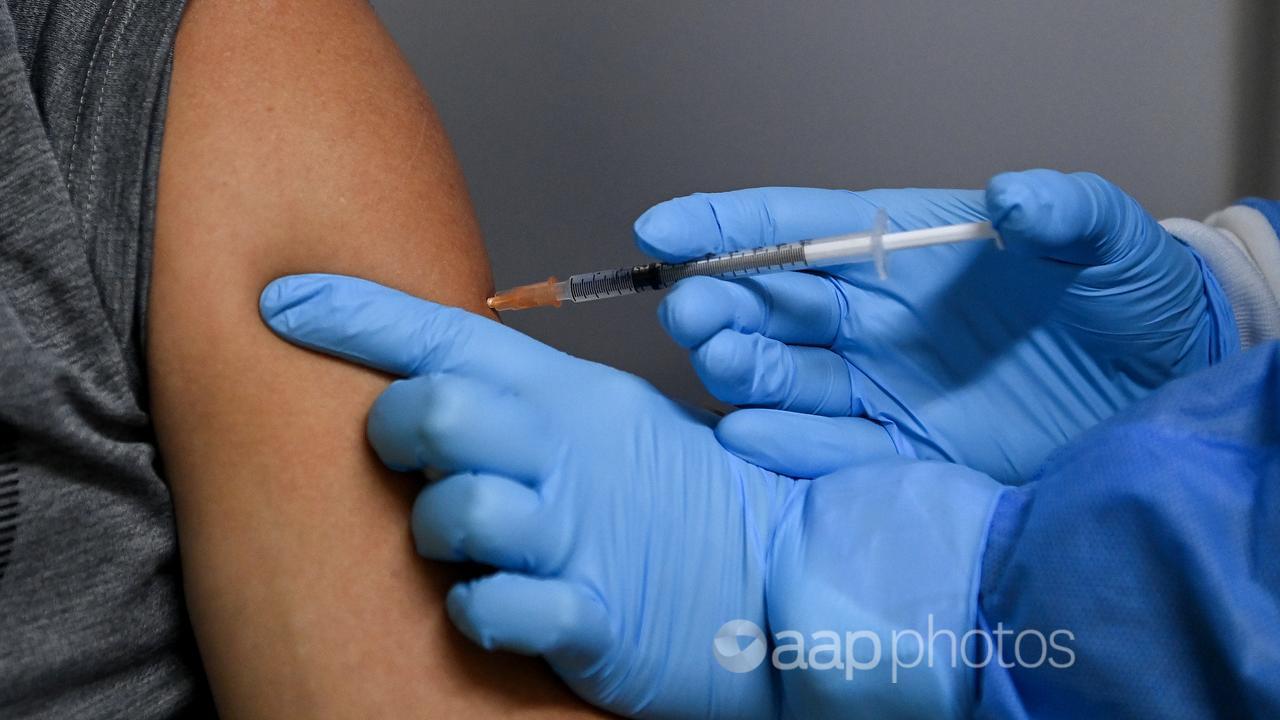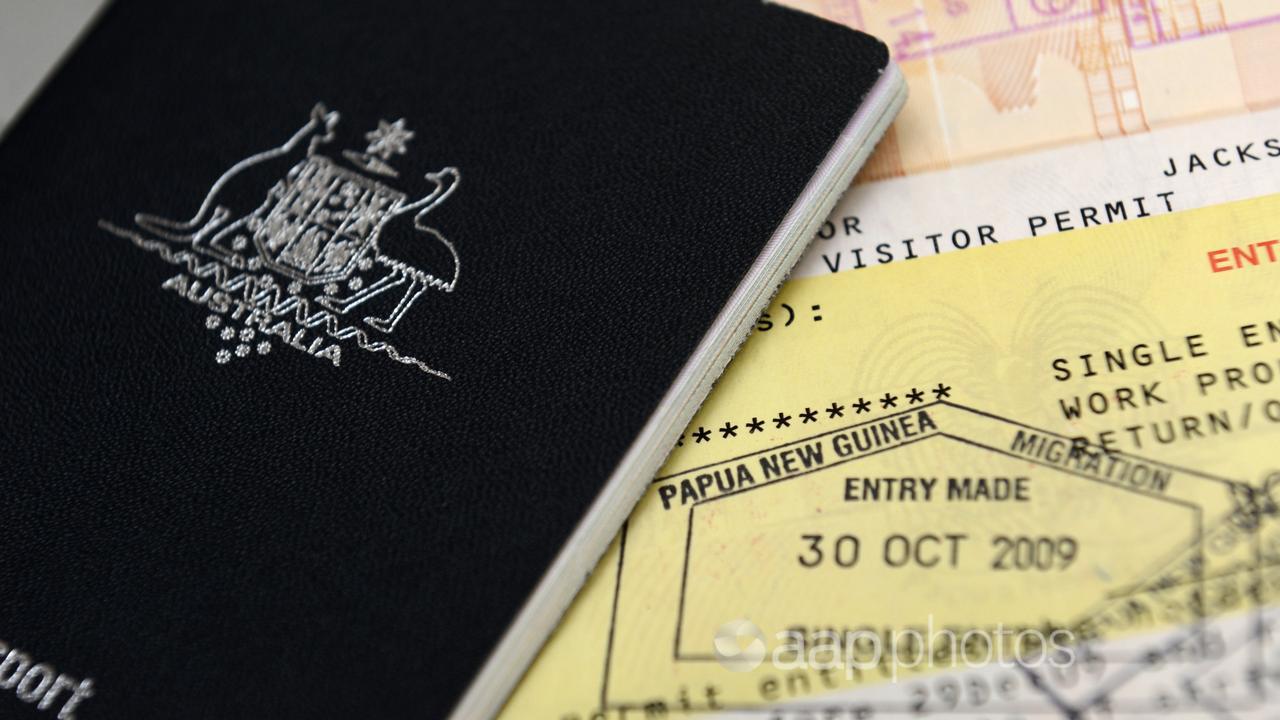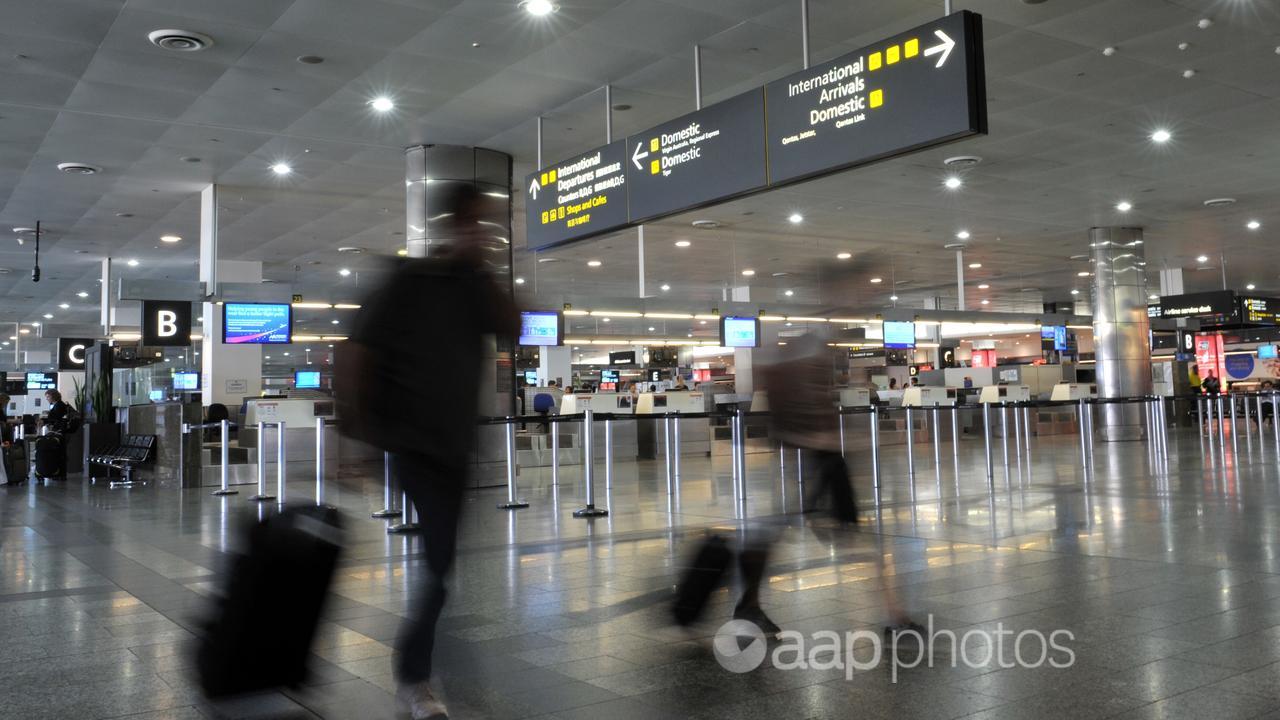A World Health Organization (WHO) initiative to simplify the sharing of travellers’ vaccination status between nations has sparked claims it will deny people without up-to-date jabs from entering others countries.
It is claimed the WHO will use the Global Digital Health Certification Network (GDHCN) to dictate what vaccines are required for international travel.
This is false. The GDHCN is not a vaccine certificate and the WHO has no power to enforce vaccination requirements on any nation.
An expert told AAP FactCheck nations make their own decisions on vaccination requirements, comparing the voluntary network to the global passport system as a standardised regime to make travel easier.
The claim is being made in a wave of Facebook posts, months after WHO director-general Tedros Adhanom Ghebreyesus announced the initiative in June 2023.
One post (screenshot here) states: “Soon the WHO will rollout the Global Health Certificate the G20 committed to. It will list vaccinations the WHO decide are needed for you to travel. All attached to your Digital ID & eventually your Carbon allocation.”

Another post (screenshot here) adds: “Don’t want a booster then you aren’t travelling anywhere.”
Similar claims have been made here, here, here, here and here.
But the GDHCN is not a vaccine certificate.
The WHO states on a FAQ page that the network is an open source platform which member states can voluntarily join to enable the “cross-border exchange of credentialed health information”.
The system is based on the European Union’s open-source technologies and standards used during the pandemic for digital COVID-19 certificates (the EU Digital COVID-19 Certificate or EU DCC).
The WHO says it will not have access to any underlying personal data, which continues to be the exclusive domain of governments.

Global health governance expert Kelley Lee, from Canada’s Simon Fraser University, told AAP FactCheck the GDHCN won’t restrict travel based on vaccines decided by the WHO.
Professor Lee said the WHO reviews evolving scientific evidence on COVID-19 vaccines, but nations decide who they allow to enter.
The process and criteria the WHO uses to evaluate vaccines can be found here.
“This review process then leads to a WHO list setting out the status of specific vaccines including those approved for use. This list is continually updated,” Prof Lee said.
“It is the role and responsibility of national governments, as WHO member states, to then decide what rules should apply regarding international travel and vaccination requirements.”
Prof Lee said governments could refer to the WHO list of approved vaccines in adopting requirements, but the WHO has no authority to enforce any rules.
“WHO may also make recommendations but cannot require member states to adopt policies related to vaccination and travel,” she said.
Prof Lee said the GDHCN open source platform provided an interoperable system across nations.
“This means that, if a country does decide to require vaccination by international travellers, there is a shared system available for national governments to verify documentation at their borders.”

Prof Lee said it was also false to claim the network would require travellers to stay up to date with boosters to avoid being restricted in their travel.
“Again, it is entirely up to national governments to decide whether unboosted travellers are allowed to enter their jurisdiction,” Prof Lee said.
“This is not WHO’s call.”
Prof Lee said a close analogy to the GDHCN was the global passport system, standardised in 1980.
“Overall, the purpose of the WHO GDHCN is to facilitate travel by making it easier for countries to check health certification if they require this from travellers,” she said.
“As more and more people travel worldwide, imagine the chaos at airports and other points of entry if each country designed their passports differently and there was no global system for their verification.”
A similar claim the GDHCN would lead to a loss of national sovereignty was debunked in June here.
The Verdict
The claim the World Health Organization will use a digital health certificate to list which vaccines are required to travel internationally is false.
The voluntary Global Digital Health Certification Network is a standardised system which aims to make it easier for nations to check health certification if required.
But a global health expert told AAP FactCheck individual nations will continue to decide on travel vaccination requirements. The WHO does not have this power.
False — The claim is inaccurate.
AAP FactCheck is an accredited member of the International Fact-Checking Network. To keep up with our latest fact checks, follow us on Facebook, Twitter and Instagram.
All information, text and images included on the AAP Websites is for personal use only and may not be re-written, copied, re-sold or re-distributed, framed, linked, shared onto social media or otherwise used whether for compensation of any kind or not, unless you have the prior written permission of AAP. For more information, please refer to our standard terms and conditions.


















